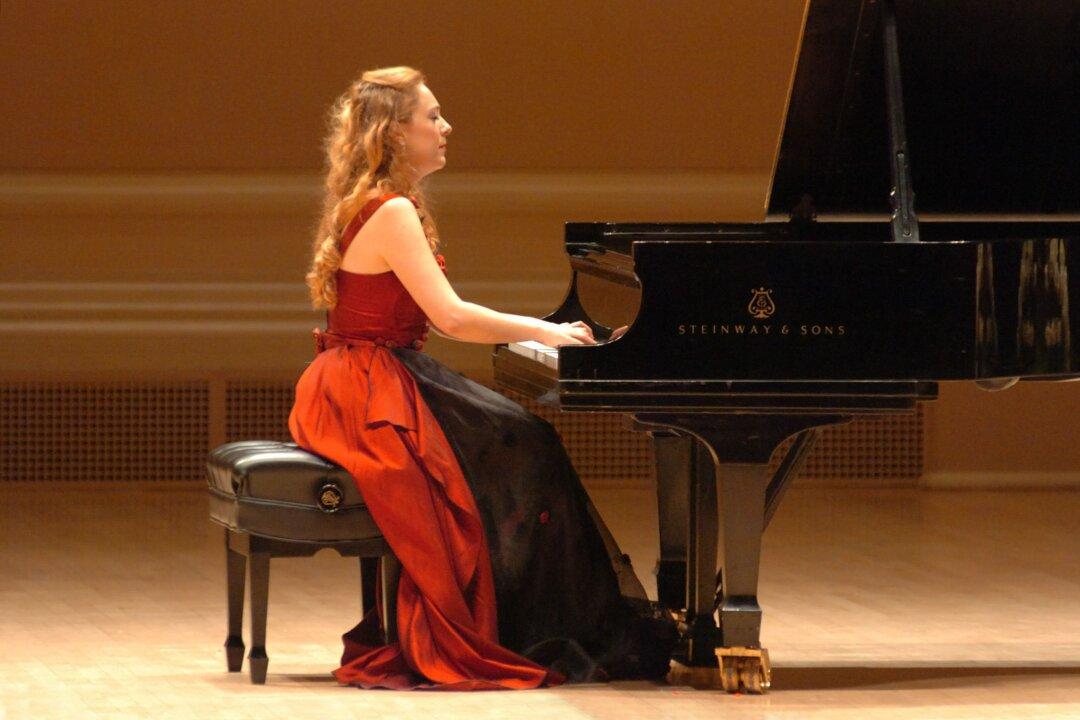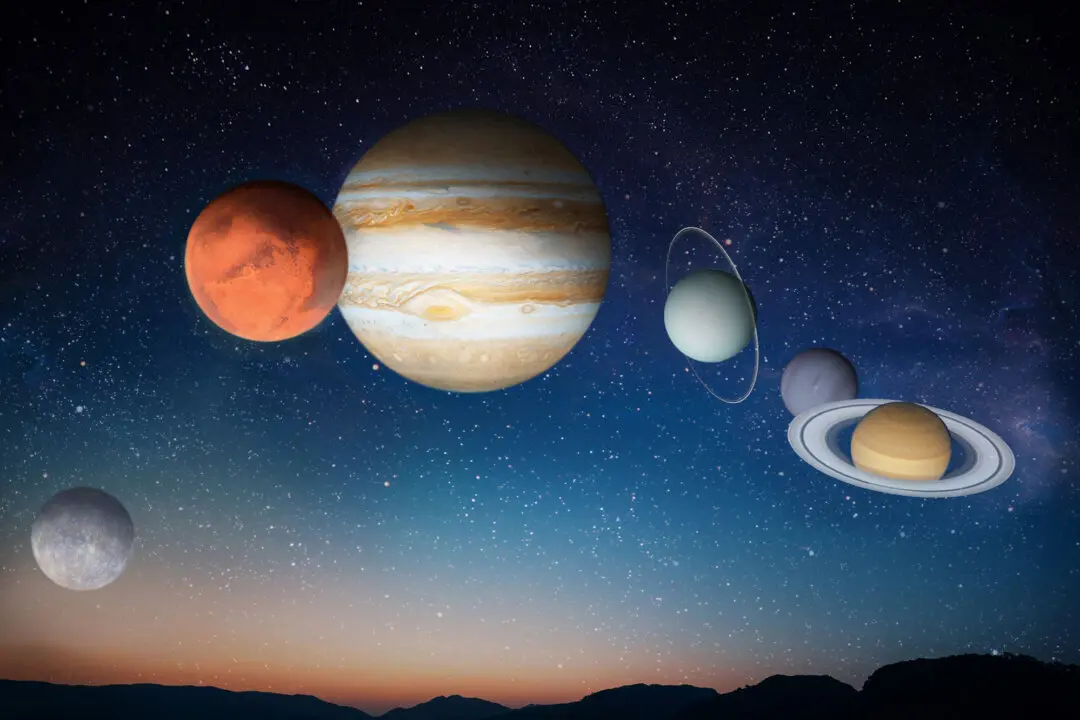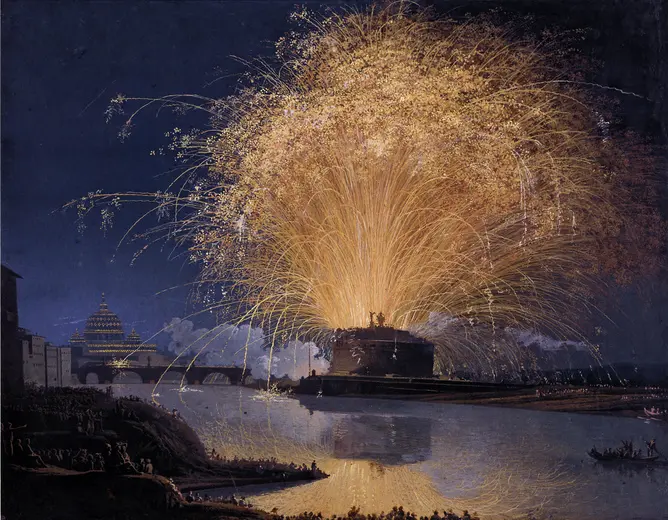“There is much more to Christmas than ‘Jingle Bells’ music. Christmas is about love and spirituality, and Christmas music should invoke feelings of connection to everything, the mysticism and magic of this world,” pianist Katya Grineva says.
True to her word, the Russian-born pianist will perform a wildly eclectic program in observation of the holiday, Dec. 27 at New York’s fabled Carnegie Hall. The recital falls on the third day of the traditional Christmas season.






